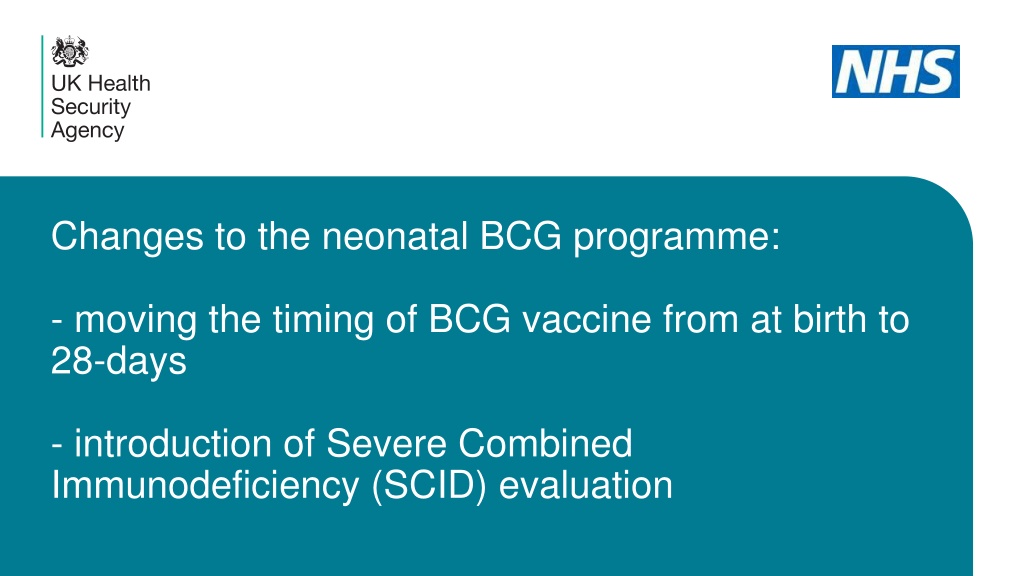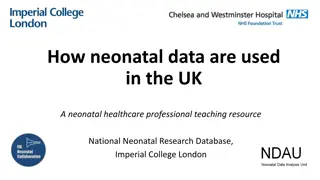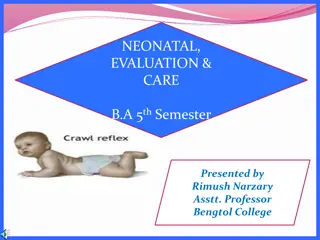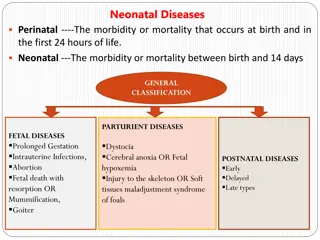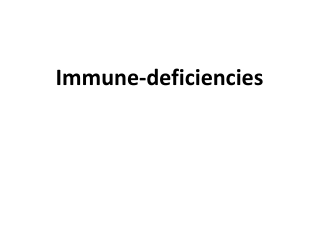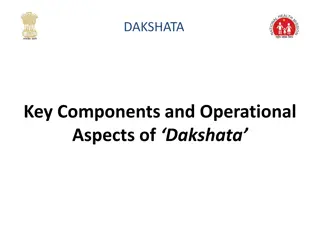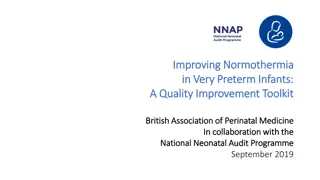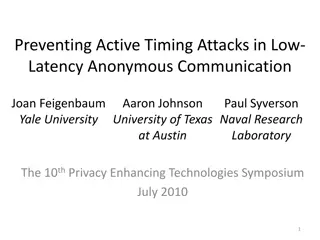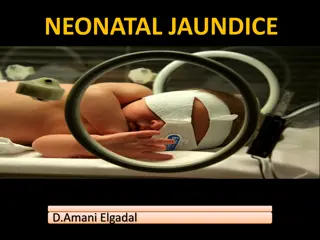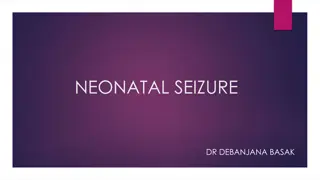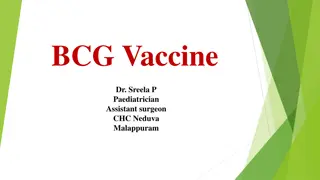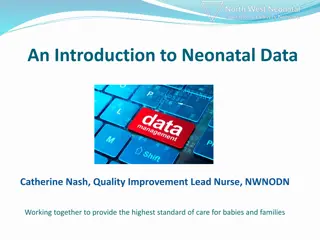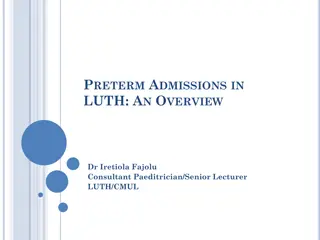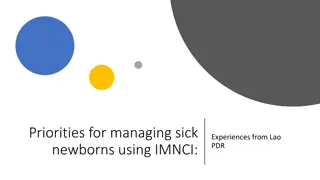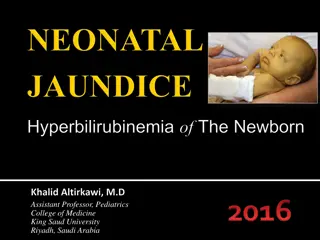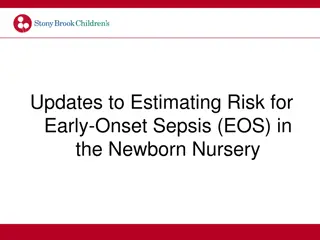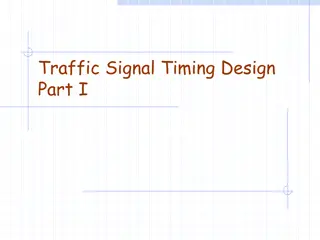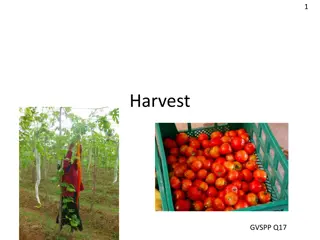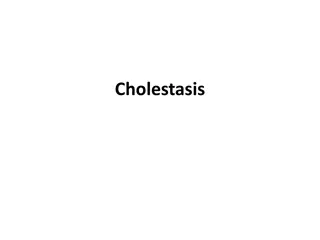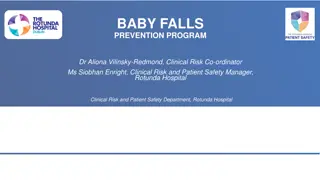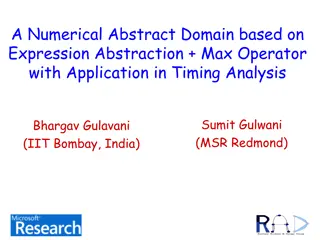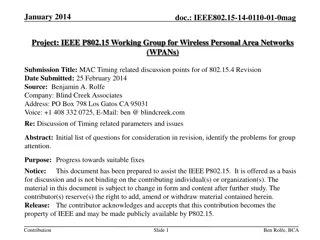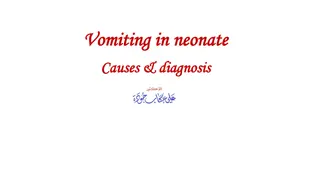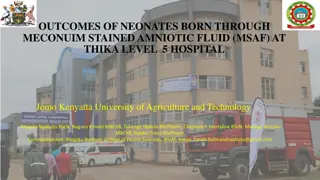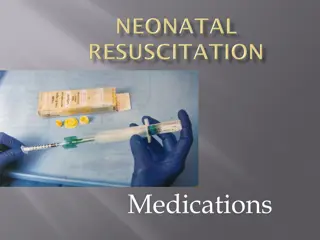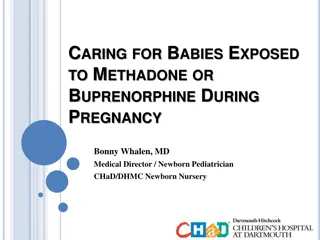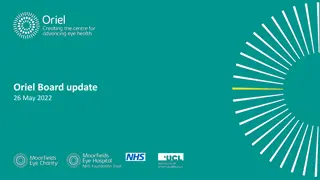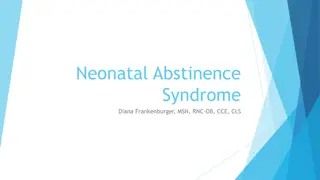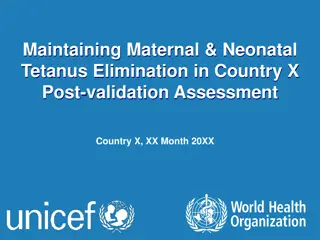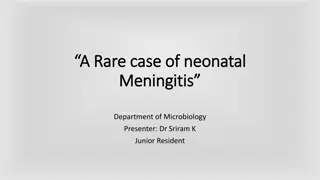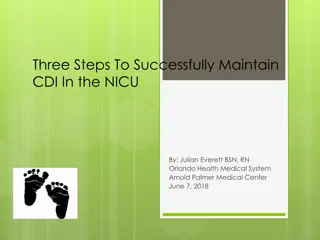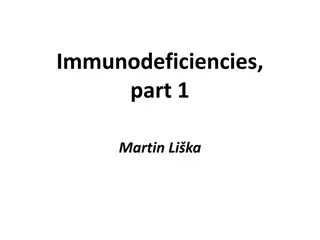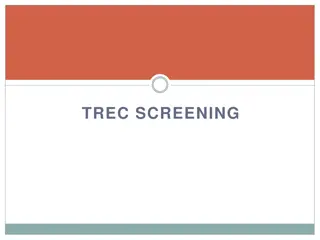Changes to Neonatal BCG Programme: Updated Timing and SCID Evaluation
The Neonatal BCG Programme has undergone changes, including shifting the timing of the BCG vaccine administration from birth to 28 days and introducing Severe Combined Immunodeficiency (SCID) evaluation. This session aims to educate on the modifications for safe practice. The BCG immunization program aims to protect individuals at high risk of TB exposure and severe disease, proving effective in preventing mortality associated with TB. Changes from the 1950s to 2005 reflect a shift towards targeted neonatal vaccination based on TB risk. Eligibility for neonatal BCG includes infants in high TB incidence areas and those with a family history of TB. SCID evaluation is crucial to prevent live vaccine administration to infants with SCID.
Download Presentation

Please find below an Image/Link to download the presentation.
The content on the website is provided AS IS for your information and personal use only. It may not be sold, licensed, or shared on other websites without obtaining consent from the author. Download presentation by click this link. If you encounter any issues during the download, it is possible that the publisher has removed the file from their server.
E N D
Presentation Transcript
Changes to the neonatal BCG programme: - moving the timing of BCG vaccine from at birth to 28-days - introduction of Severe Combined Immunodeficiency (SCID) evaluation
Aim of this session By the end of this session you should have a better understanding of the changes to the neonatal BCG programme enabling safe practice. SCID evaluation and timing of BCG vaccination 2
Neonatal BCG immunisation programme The aim of the BCG Immunisation Programme is to protect those who are at an increased risk from exposure to TB and developing severe disease and prevent morbidity and mortality premature death. Trails have shown the vaccine to be 60 to 80% effective against the most severe forms of the disease such as TB meningitis and disseminated disease in children. SCID evaluation and timing of BCG vaccination 3
Risk of progression to active disease after infection in immune competent children Ref: https://erj.ersjournals.com/content/erj/36/4/925.full.pdf SCID evaluation and timing of BCG vaccination 4
Changes to the BCG programme 1950s 2005 Continued decline in TB incidence in the UK population resulted in school age BCG immunisation stopped. Become a risk-based programme the key part a neonatal programme targeted at those children most at risk of exposure to TB and progression to active disease BCG vaccination was first introduced to school age children in the UK Selective immunisation of neonates born to new entrants to the UK from countries with high rates of TB was introduced Change in timing of BCG immunisation to all eligible babies from at birth to at 28 days to standardised BCG delivery across the country and support the introduction of Severe Combined Immunodeficiency (SCID) evaluationis to ensure that babies with SCID are not given live attenuated BCG vaccine 1960s September 2021 SCID evaluation and timing of BCG vaccination 5
Eligibility for neonatal BCG all infants (0 to 12 months) living in areas of the UK where the annual incidence of TB is 40/100,000 or greater all infants (0 to 12 months) with a parent or grandparent who was born in a country where the annual incidence of TB is 40/100,000 or greater For country information on prevalence visit GOV.UK SCID evaluation and timing of BCG vaccination 6
SCID SCID is a group of rare, usually recessively inherited conditions that cause major immune system problems about 1 in 40,000 babies born in England have SCID (approximately 16 babies per year) currently, about 30% of babies are identified by family history SCID is more common when parents are related to each other SCID can happen when there is no family history the delay in finding the remaining 70% means that they have been exposed to infection for longer before receiving treatment SCID evaluation and timing of BCG vaccination 7
What is the SCID Evaluation? need to evaluate how screening for SCID works in practice, as part of a national screening programme evaluation aims to answer 11 questions and collect robust evidence on the potential benefits and harms following the evaluation the National Screening Committee (NSC) will decide if SCID is added as a 10th condition to the Newborn blood spot screening SCID evaluation and timing of BCG vaccination 8
SCID screening lab areas the SCID evaluation will commence on 6 September 2021 and will take place over a 2 year period the SCID evaluation will cover approximately two-thirds of England the newborn blood spot (NBS) laboratories taking part are: London (Great Ormond Street & South East Thames) Manchester Birmingham Newcastle Sheffield SCID evaluation and timing of BCG vaccination 9
Possible SCID screen outcomes and related actions SCID screen outcome Action SCID screen suspected the baby will be referred within 1 working day to immunology parent or guardian and the GP will receive a direct communication from the immunology team with the outcome of the immunology appointment and this will include information on whether live vaccines can be given or not the BCG provider must contact the baby s GP for the outcome letter. GP should also forward this information to BCG provider it is important to have local processes in place to get the immunologist appointment outcome in a timely manner BCG can only be given once confirmation received via immunologist/GP that BCG vaccination can be given defer BCG until repeat SCID screen outcome is known SCID screen repeat needed SCID screen not offered babies in non-screening areas will be assigned a SCID screening not offered outcome arrange or give BCG vaccine ensure parents/guardians are aware of the implications of baby having SCID and giving live vaccines document the discussion arrange or give BCG vaccine arrange/give BCG vaccine SCID screen declined SCID screen - not suspected SCID evaluation and timing of BCG vaccination 10
Resources to support and monitor the change in moving the timing of neonatal BCG to 28 days? schedule 2,4 and 6 100% of eligible babies to be offered BCG 80% of eligible babies to have the BCG by 28 days patient care and data flow pathway UKHSA PGD has been revised information for health professional and parents and carers mechanisms being established for identification (including movers in and out), uptake capture accurate cover data pathway to ensure SCID screen outcome made available funding of the neonatal BCG immunisation programme will continue to be funded through the CCG Maternity Tariff SCID evaluation and timing of BCG vaccination 11
References and resources References The Green Book (chapter 6 and 32) Effect of BCG vaccination on childhood tuberculous meningitis and miliary tuberculosis worldwide: a meta-analysis and assessment of cost-effectiveness Tuberculosis contact investigation in low prevalence countries: a European consensus Resources Updated UKHSA PGD template Healthcare professional information and guidance, including training slides Further information on SCID For schedules 2, 4 and 6 please contact your regional commissioners SCID evaluation and timing of BCG vaccination 12
